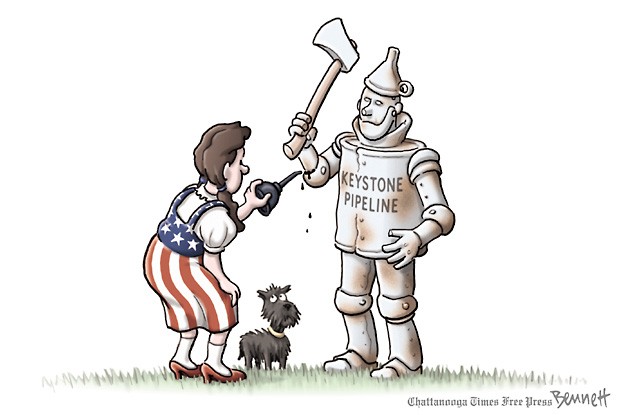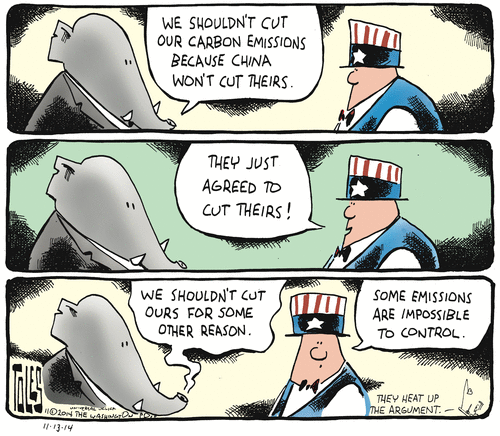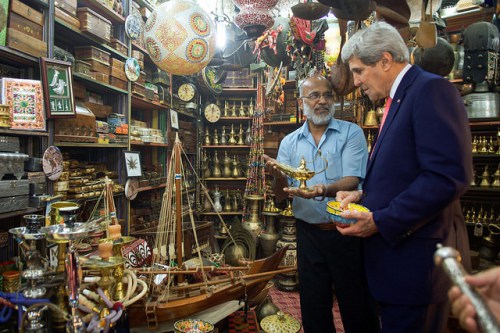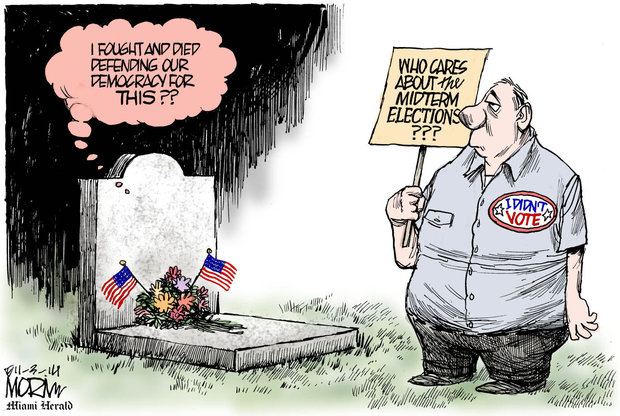Does our military history show us anything helpful for dealing with ISIS today? Do we have a former foe that resembles ISIS?
The best analogy to ISIS is the Khmer Rouge (KR). The Khmer Rouge managed to kill 2 million Cambodians (close to 30% of the nation’s population), from 1975 to 1979. Ideology played an important role in the KR genocide. The KR wanted to return Cambodia to its “mythic past”, to stop foreign aid, which they saw as a corrupting influence, and to restore the country to an agrarian society based on Stalinist and Maoist ideals.
The Khmer Rouge worked at it for 4 years until 1979, when, after the US failed to stem the tide with airpower and a brief 1970 boots on the ground adventure (the Cambodian incursion), the army of the Republic of Vietnam ousted the KR and its leader Pol Pot, liberating the Cambodian people. Our response to the KR overthrow was to impose economic sanctions on Cambodia. Their crime was to be liberated by our enemy, who had also defeated us.
Nixon had reached out to China in 1972, and created a few strange political bedfellows. Throughout the 1980s, the US, the European powers and China continued to recognize the Khmer Rouge as the legitimate government of Cambodia and blocked moves to place Pol Pot and his colleagues on trial. In fact, Zbigniew Brzezinski has said:
I encouraged the Chinese to support Pol Pot. Pol Pot was an abomination. We could never support him, but China could.
It took until 2014 to try the KR on genocide. The case is still working its way through the Cambodian courts.
The KR goal of purifying the nation via aggressive conversion of its people is starkly similar to the goals of ISIS, and in many ways, ISIS are the Khmer Rouge with prayer mats. Both wear (wore) black. Both morphed from destabilization engendered by the West. Both ruthlessly murdered rival factions, aiming to become the sole standard-bearer for fellow travelers in their region.
The parallels are sickly similar: The KR used brutality as a compliance technique − ripping fetuses from living women, smashing babies against trees – as does ISIS, randomly beheading and tweeting the result, burying women and kids alive. The KR were fundamental atheists – promising to tear down every temple, and kill all the monks, which they often did. Just as ISIS are fundamental believers, slaughtering the infidels, the heathens, the Christians, the Shia, or even certain Sunni tribes.
Fast forward to 2014 and there are obvious parallels between Cambodia and the Middle East. Both situations out of which the KR and ISIS emerged, were in part created by the West’s meddling in the geopolitics of the two regions.
The war in Iraq exposed that country’s deep sectarian divide. The Arab Spring toppled the Gaddafi regime. That led directly to Libya’s descent into lawlessness and fragmentation. After Libya came Syria, where ISIS currently constitutes the dominant opposition to Assad. Their faction includes thousands of foreign fighters, all of whom hew to a barbaric methodology that is similar to that of the Khmer Rouge. They have no political center to negotiate with, or anything to offer the region, except more sectarian violence and bloodletting. This is why Mr. Obama said they must be destroyed.
The lens of the KR’s frenzy may be a good way to view ISIS. First there was the KR’s bloodlust, whereby they slaughtered their own, including nominal KR supporters, who were thought to be less than true believers. Then they invaded a more powerful neighbor, Vietnam, leading to their own destruction. Thirteen years after the fall of Pol Pot and the KR, communism itself came tumbling down at the Berlin Wall. It turned out that the KR was the Meta example of extreme communism.
Far from ushering in a global Marxist Utopia, KR brought about its own demise.
That is also similar to the disjuncture between Islam and ISIS. As the KR’s brand of communism was rejected as a perversion by the vast majority of communists in the world, so the ideology of ISIS seems to be at least outwardly rejected by the bulk of the world’s Sunni Muslims, on the same grounds.
Could ISIS represent the final form of radical Islam? We can only hope that is true.
Finally, remember that Syria and Iran are nominal “enemies” of the US who are now confronting ISIS in Syria and Iraq. We have, for the most part, exited Iraq and are bombing ISIS, much like our less-than-successful bombing of the KR in the early 1970s.
We had no stake on the ground in Cambodia. We eventually reconciled with Vietnam and with Cambodia. Today, we have a limited stake in Syria and Iraq. Can we, or should we, work with a different set of “strange bedfellows” to blunt the challenge of ISIS in the Middle East?








